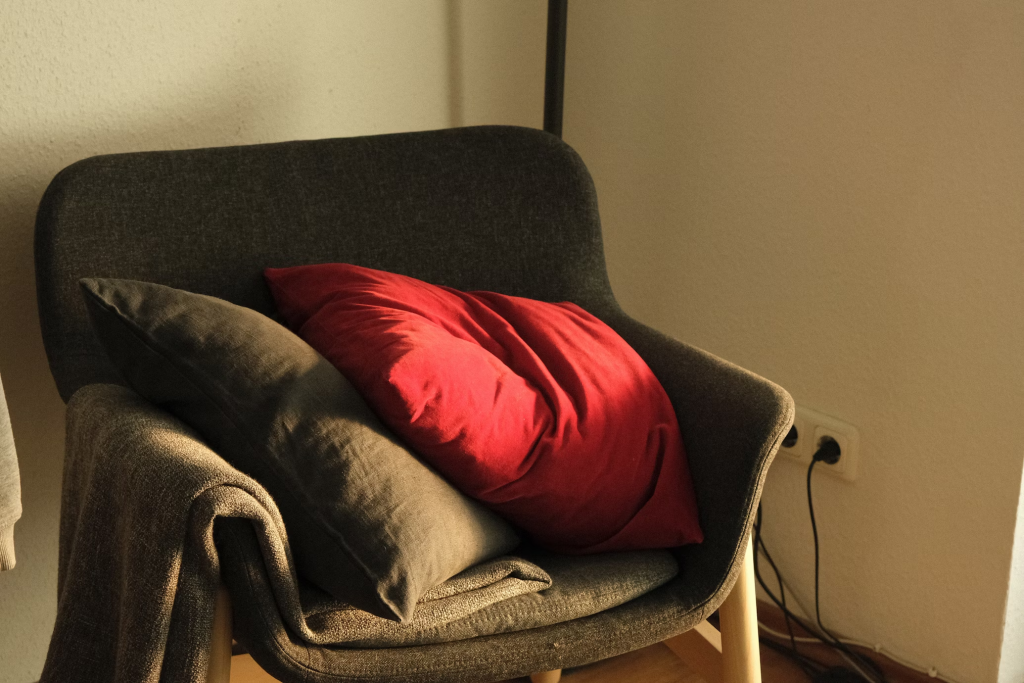Introduction
Feeling stuck in a routine? It’s time to shake things up! Getting out of your comfort zone isn’t just about tackling big fears; it’s about trying new activities and stretching your boundaries in small, enjoyable ways. Whether you want to boost your confidence, learn a new skill, or simply break the monotony, these fun challenges can help you get started. Discover how to Get Out of Your Comfort Zone: Fun Challenges to Try and start embracing new experiences today!

1. Try a 30-Day Skill Challenge
If you’ve always wanted to learn a new skill, but never found the time or motivation, a 30-day challenge could be just what you need. Choose a skill you’ve been interested in, such as cooking, drawing, or learning a new language, and dedicate just 20-30 minutes every day to practice. The goal is not to master the skill, but to explore your interest and make consistent progress.
How to Get Started:
- Set a Clear Goal: Choose one specific skill to focus on.
- Track Your Progress: Use a journal or app to record your daily efforts.
- Stay Consistent: Commit to practicing at the same time every day.
According to a study published in the European Journal of Social Psychology, it takes an average of 66 days to form a new habit, so starting with a 30-day commitment can help you build a solid foundation for long-term growth (European Journal of Social Psychology, 2009).
2. Embrace the “No-Comfort” Challenge for a Week
Push yourself out of your comfort zone by consciously choosing to do one uncomfortable thing every day for a week. This could be as simple as striking up a conversation with a stranger, saying “yes” to an invitation you’d typically decline, or trying a food you’ve always avoided. The key is to challenge your brain to face small fears and break free from the routine.
Ideas for a No-Comfort Challenge:
- Speak Up: Share your opinion in a group setting.
- Change Your Routine: Take a different route to work or try a new activity.
- Try Something New Alone: Visit a restaurant, museum, or event by yourself.
A report from the Journal of Behavioral Science found that consistently stepping out of your comfort zone can increase resilience and decrease anxiety, making this type of challenge beneficial for mental well-being (Journal of Behavioral Science, 2018).
3. Take the “Random Acts of Kindness” Challenge
One of the most rewarding ways to step out of your comfort zone is by doing something kind for others—especially strangers. This challenge involves completing one random act of kindness every day for a week. Whether it’s paying for someone’s coffee, complimenting a colleague, or writing a heartfelt thank-you note, small acts can create a ripple effect of positivity. And there are a lot of fun challenges to try ahead.
Examples of Acts of Kindness:
- Leave a Note: Write a positive message and leave it on a coworker’s desk.
- Pay It Forward: Cover the coffee for the person behind you in line.
- Volunteer Your Time: Spend an hour helping at a local charity.
According to a study in the Journal of Social Psychology, performing acts of kindness boosts mood and increases life satisfaction, making it a great challenge for both your happiness and those around you (Journal of Social Psychology, 2016).
4. Experiment with a Digital Detox Weekend
Technology plays a major role in our lives, often keeping us in a constant state of distraction. Challenge yourself to unplug for a weekend—turn off your phone, avoid social media, and spend your time on non-digital activities like reading, cooking, or spending time outdoors. This digital detox can help you reconnect with yourself and be more present in your daily life.
How to Prepare for a Digital Detox:
- Plan Alternative Activities: Have books, board games, or a hobby project ready.
- Notify Important Contacts: Let family or friends know you’ll be offline.
- Create a Relaxing Environment: Light candles, play music, and enjoy the calm.
The Journal of Environmental Psychology notes that taking breaks from digital devices reduces stress and increases focus, making this a worthwhile challenge for anyone feeling overwhelmed by technology (Journal of Environmental Psychology, 2019).
5. Sign Up for a Physical Challenge
Physical challenges are a great way to test your limits and build confidence. Consider signing up for a local 5K run, joining a fitness boot camp, or even learning a new sport like rock climbing or martial arts. The aim is to choose something that pushes you physically but is still enjoyable.
Tips for Taking on a Physical Challenge:
- Set a Realistic Goal: Choose a challenge that matches your current fitness level.
- Train with a Friend: Having a workout buddy can boost motivation.
- Celebrate Small Wins: Track your progress and reward yourself for milestones.
The American Journal of Lifestyle Medicine suggests that setting fitness goals and engaging in physical challenges can improve self-discipline and reduce stress, making it a powerful way to step out of your comfort zone (American Journal of Lifestyle Medicine, 2017).
6. Try a Creative 10-Day Challenge
If you’ve always wanted to explore your creative side, try a 10-day creative challenge to push your boundaries. Whether it’s writing a poem every day, sketching, or taking one photograph a day, this challenge helps you think outside the box and boosts creativity.
Creative Challenge Ideas:
- Daily Sketchbook: Draw one small thing that catches your eye each day.
- Photography Themes: Choose a theme like “shadows” or “color” and capture it in different settings.
- Write a Short Story: Create a 10-chapter short story, adding one chapter each day.
A study by the Journal of Applied Psychology found that creative challenges improve problem-solving skills and increase overall happiness (Journal of Applied Psychology, 2015).
7. Take a 7-Day Gratitude Challenge
One of fun challenges to try is practicing gratitude is a simple but powerful way to shift your mindset and improve your outlook on life. For one week, write down three things you’re grateful for every morning and reflect on them throughout the day. This practice helps focus on the positives and cultivates a more optimistic mindset.
How to Practice Gratitude:
- Keep a Gratitude Journal: Write down three new things each day.
- Share Gratitude: Tell someone why you’re grateful for them.
- Reflect Before Bed: Think about the positive aspects of your day.
The Journal of Positive Psychology reports that people who practice daily gratitude experience higher levels of happiness and reduced levels of depression (Journal of Positive Psychology, 2017).
Conclusion
Taking on new challenges, whether big or small, can be an exciting way to break free from routine, discover hidden strengths, and grow as a person. By incorporating these Fun Challenges to Try into your routine, you’ll not only gain new experiences but also build resilience and confidence. Start with a small challenge today and watch as your comfort zone expands with each new accomplishment!
References
- European Journal of Social Psychology. (2009). “How Habits Form in 66 Days.” European Journal of Social Psychology.
- Journal of Behavioral Science. (2018). “The Impact of Stepping Out of Your Comfort Zone.” Journal of Behavioral Science.
- Journal of Social Psychology. (2016). “Effects of Kindness on Mood and Life Satisfaction.” Journal of Social Psychology.
- Journal of Environmental Psychology. (2019). “Benefits of a Digital Detox for Well-Being.” Journal of Environmental Psychology.
- American Journal of Lifestyle Medicine. (2017). “Physical Challenges and Mental Health.” American Journal of Lifestyle Medicine.
- Journal of Applied Psychology. (2015). “Creative Challenges and Problem-Solving.” Journal of Applied Psychology.
- Journal of Positive Psychology. (2017). “Gratitude and Mental Health.” Journal of Positive Psychology.









